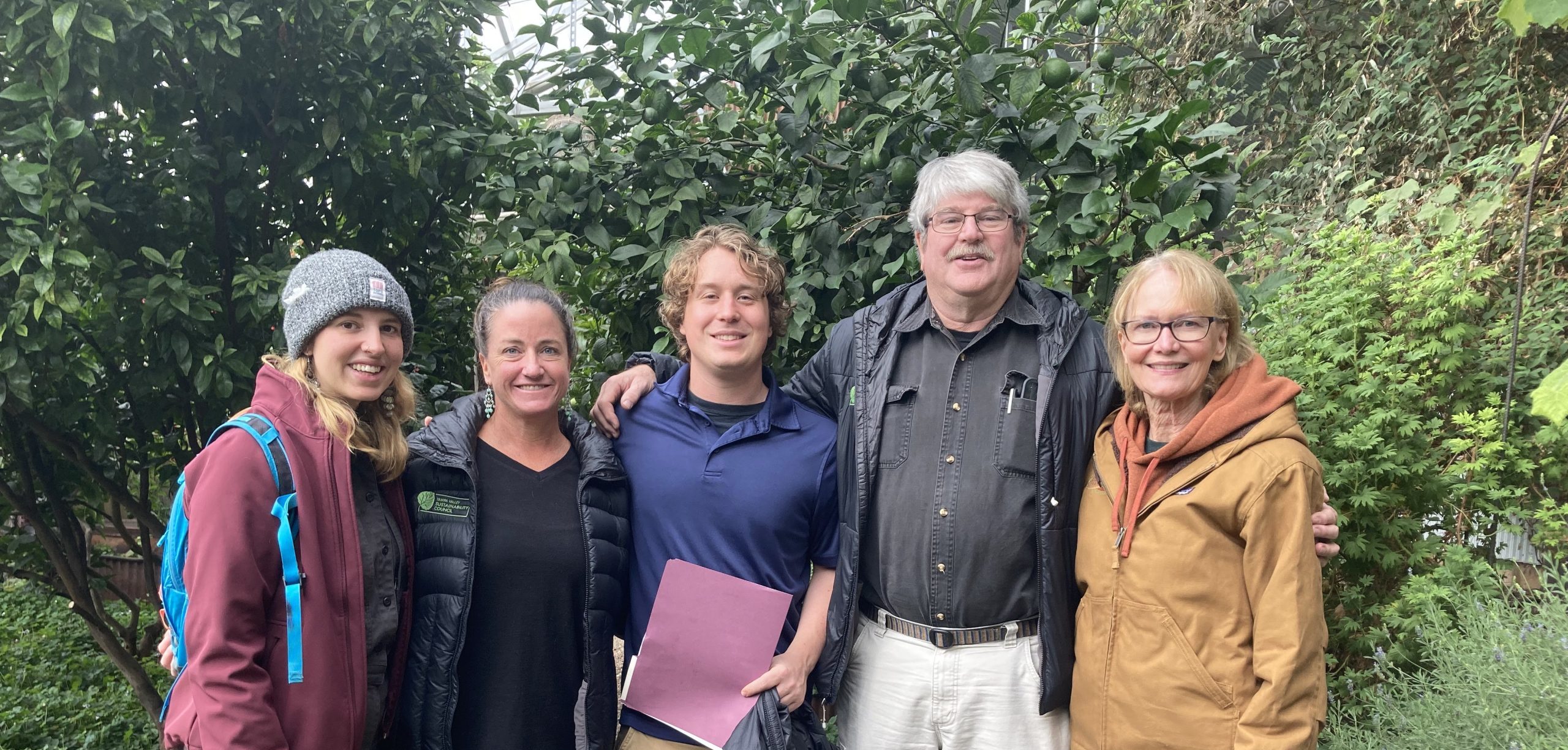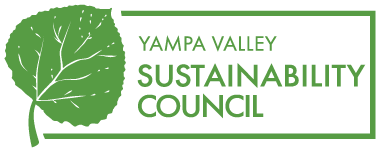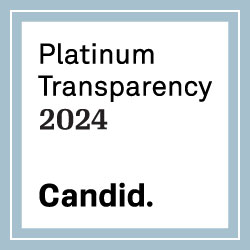MARCH 12, 2018 BY
Article adapted from Steamboat Today
In August 2017, the Colorado Solid and Hazardous Waste Commission voted to adopt a resolution that sets statewide waste diversion goals. Waste diversion is defined as the process of diverting waste from the landfill through source reduction, or reducing waste in the first place, recycling, reuse or composting.
The state’s diversion rate has hovered near 19 percent, well below the national average of 35 percent, for about a decade. With the resolution for statewide waste diversion goals, Colorado will strive to reach 28 percent by 2021, 35 percent by 2026 and 45 percent by 2036.
As a rural community, Routt County faces unique barriers when it comes to waste diversion. Recycling of traditional recyclables, hard-to-recycle items and organic waste can present challenges due to our distance from urban centers, low value of recycled materials and the cost of hauling materials.
Meeting the new statewide goals will be a challenge for our rural community. But, it’s a challenge we must address as part of our community’s larger strategy for climate action.
Waste diversion is a primary climate action strategy and one of the simplest ways for all of us to immediately reduce greenhouse gas emissions. Preventing waste at the source and reducing extraneous materials such as packaging reduces the need for raw materials and energy throughout the life cycle of manufacturing, transportation, reuse and eventual disposal. In addition, decreasing the amount of waste sent to landfills reduces emissions of methane.
As a member of the statewide Colorado Association for Recycling organization, Yampa Valley Sustainability Council works with rural communities across the state on waste diversion issues, and we hear repeatedly about similar challenges and creative solutions these communities are developing to address them.
Through our work with CAFR, we have learned that the answer to increasing waste diversion in the Yampa Valley might not be one-size fits all and that we will have to work together — as a community and region — to make progress on waste diversion.
And YVSC is doing just that. On Feb. 14, YVSC in partnership with Routt County Department of Environmental Health, brought 25 local businesses representatives, government staff, waste industry professionals and interested community members together for the first meeting of the Routt County Materials Management Working Group. During the next six months, the group and the resulting traditional, hard-to-recycle and organic waste recycling task forces, will develop long-term waste diversion goals for Routt County and create a strategic plan to meet these goals.
It’s not too late to join the conversation. Residents who are passionate and knowledgeable about waste diversion, business leaders invested in economic stability and government representatives ready to increase the resiliency of our community are invited to attend the next meeting Wednesday, March 14. For more information or to RSVP, email Cameron Hawkins at cameron@yvsc.org.
Cameron Hawkins is the waste diversion director at the Yampa Valley Sustainability Council.






